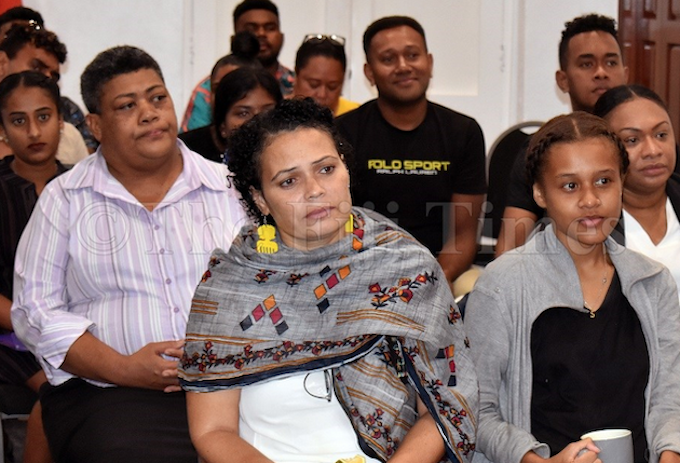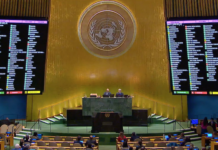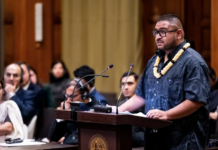
By Kelvin Anthony, RNZ Pacific lead digital and social media journalist
Sexual harassment of women journalists continues to be a major problem in Fiji journalism and “issues of power lie at the heart of this”, new research has revealed.
The study, published in Journalism Practice by researchers from the University of Vienna and the University of the South Pacific, highlights there is a serious need to address the problem which is fundamental to press freedom and quality journalism.
“We find that sexual harassment is concerningly widespread in Fiji and has worrying consequences,” the study said.

“More than 80 percent of our respondents said they were sexually harassed, which is an extremely worryingly high number.”
The researchers conducted a standardised survey of more than 40 former and current women journalists in Fiji, as well as in-depth interviews with 23 of them.
One responded saying: “I had accepted it as the norm . . . lighthearted moments to share laughter given the Fijian style of joking and spoiling each other.
“At times it does get physical. They would not do it jokingly. I would get hugs from the back and when I resisted, he told me to ‘just relax, it’s just a hug’.”
‘Sexual relationship proposal’
Another, speaking about a time she was sent to interview a senior government member, said: “I was taken into his office where the blinds were down and where I sat through an hour of questions about who I was sleeping with, whether I had a boyfriend . . . and it followed with a proposal of a long-term sexual relationship.”
The researchers said that while more than half of the journalistic workforce was made up of women “violence against them is normalised by men”.
They said the findings of the study showed sexual harassment had a range of negative impacts which affects the woman’s personal freedom to work but also the way in which news in produced.
“Women journalist may decide to self-censor their reporting for fear of reprisals, not cover certain topics anymore, or even leave the profession altogether.
“The negative impacts that our respondents experienced clearly have wider repercussions on the ways in which wider society is informed about news and current affairs.”
The research was carried out by Professor Folker Hanusch and Birte Leonhardt of the University of Vienna, and Associate Professor Shailendra Singh and Geraldine Panapasa of the University of the South Pacific.
This article is republished under a community partnership agreement with RNZ.














































